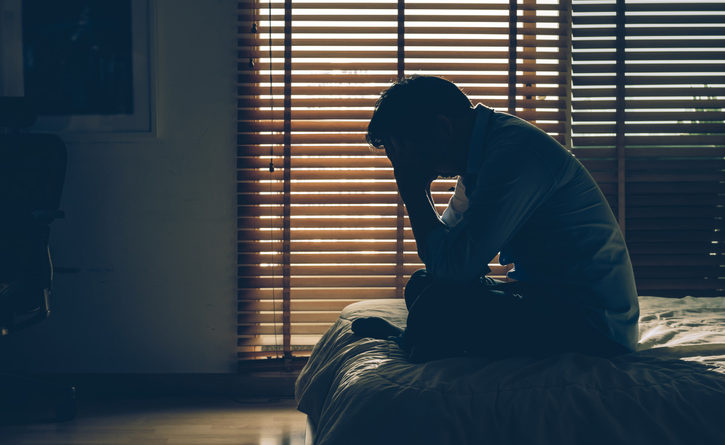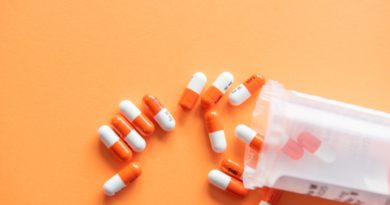Why Do Depressed People Suffer From Depression?
It is important to know what makes someone feel depressed. There are many things you can do to help someone with depression.
Genetic link to depression
There are many factors that can influence the risk of someone developing depression. These factors include genetics, lifestyle, and many other factors. The combination of risk factors is far more important than any one factor.
Many genes have link to depression, according to studies of genes. Research has also shown that certain factors such as being a sibling or parent with depression may increase your chances of getting the disease.
Depression is a multi-brain disorder that can cause many brain chemicals to imbalance. Research has shown that depression sufferers have lower levels in certain neurotransmitters. This could lead to sleepiness, fatigue, increased substance use, and other symptoms like insomnia.
Treatment-resistant depression
TRD is a form of treatment-resistant depression. This is a condition that doesn’t respond to standard treatments. This type of sadness could cause by underlying medical conditions. People with this type of sadness are more likely to relapse after they have taken their medication.
TRD is usually diagnosed when the patient has failed to respond to at least two antidepressant medications. TRD can be diagnosed by a doctor and referred to a psychiatrist.
Treatment-resistant depression symptoms can vary in severity. There are many symptoms of treatment-resistant depression. Some people experience no symptoms while others have severe symptoms. This type of depression can cause by many factors, including genetics. Modalert 200 Australia has been a popular treatment option for depression over the past 20 years. Modafinil is used to improve decision-making in depression patients.
Cognitive tests
Cognitive tests can be used to diagnose depression. The cognitive test takes just a few minutes and gives you a complete report about your cognitive health. Waklert 50 Online has been proven to improve cognitive function and therefore has the potential for improving cognition in people with depression.
It is clear that sadness and cognitive abnormalities are closely related. However, the severity of these changes could vary. It is important to know the best ways to diagnose and treat sadness. Consultation and clinical evaluation scales are the most common techniques.
Brain imaging
A brain scan can be used to determine the brain parts that associate with depression. Researchers can use this information to design better medications and treatment options. It can also help family members and other parties involved in the healing process.
Some exciting results have obtain from neuroimaging studies. Some studies have shown that brain connectivity data can use to predict the response of patients to certain treatments. However, it remains unclear if such data can explain why some people feel depressed. These findings are likely to have clinical implications. However, further studies require.
Exercise
Exercise is an excellent way to lower your depression. For people who depress, it may be difficult to start a program.
It is not necessary to do intense exercise. Research shows that moderate-to-vigorous aerobic exercise such as walking has many benefits. A few hours of walking each week can help prevent depression, according to some studies.
The REGASSA trial was one of the most important studies to date on exercise and depression. This trial involved 40 depress women who were given exercise. They were split into two groups. Each group received a different intervention. The exercise group had a greater response than the control.
Sleep disorders
Depressed people can have sleep disorders that are very serious. People suffering from sleep disorders are at greater risk of suicide or relapse. These issues can also lead to anxiety, depression, or bipolar disorder.
There is strong evidence linking sleep and depression. Numerous studies have shown that depression is link to sleep problems in people with severe insomnia. They can also affect the severity of symptoms.
Although sleep disorders in depression are a serious problem, there are few treatment options. The majority of available treatments are pharmacotherapy. There are also many non-pharmacological options. Deep brain stimulation, for example, has been proven to be helpful in patients suffering from sleep disorders.




